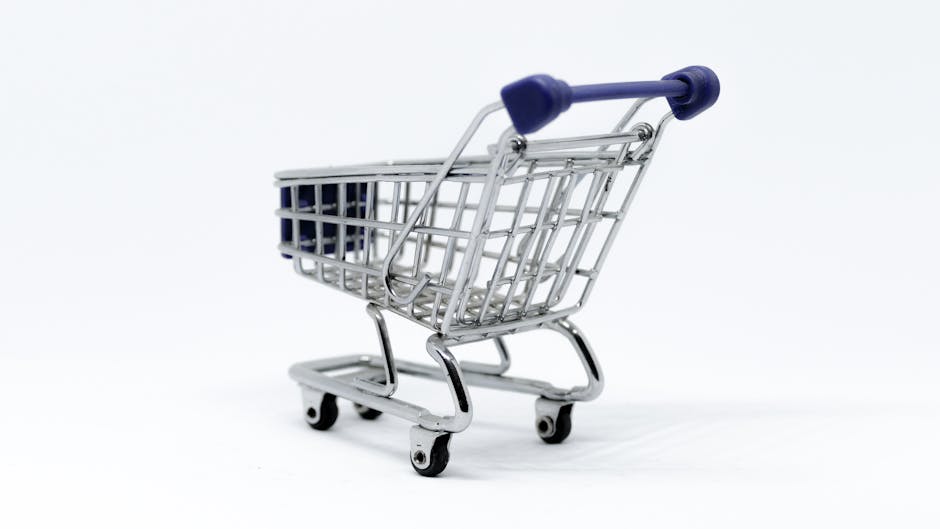The business world is a dynamic ecosystem of products and services, constantly evolving to meet the demands of consumers and other businesses. Understanding this interplay is crucial for anyone involved in commerce, from entrepreneurs to established corporations. Whether you're selling directly to consumers (B2C) or to other businesses (B2B), the principles of supply and demand shape the landscape.
Businesses rely on a vast array of products and services to function effectively. These can range from tangible goods like office supplies and manufacturing equipment to intangible services like marketing consultations and software subscriptions. The specific products and services a business needs depend heavily on its industry, size, and overall business model. A small bakery, for example, will have different needs than a multinational technology company.
On the product side, businesses consider factors like quality, durability, and cost-effectiveness. They might prioritize sourcing sustainable materials or investing in cutting-edge technology. For services, reliability, expertise, and customer support are often key considerations. Businesses seek partners who can deliver consistent results and help them achieve their strategic objectives.
The demand for business products and services is often driven by broader economic trends. A growing economy typically fuels increased investment in business expansion, leading to higher demand for everything from raw materials to marketing services. Conversely, economic downturns can lead to reduced spending as businesses look to cut costs and weather the storm.
Innovation plays a critical role in the development of new products and services. Businesses are constantly seeking ways to improve efficiency, enhance their offerings, and gain a competitive edge. This drive for innovation leads to the development of new technologies, processes, and business models that reshape entire industries.
The rise of e-commerce has significantly impacted the way businesses operate and interact with their suppliers and customers. Online marketplaces and digital platforms have made it easier for businesses to connect with a wider range of suppliers and access a global market. This has increased competition while also creating new opportunities for businesses of all sizes.
Sustainability is becoming an increasingly important factor in business decision-making. Consumers and investors are increasingly demanding that businesses operate ethically and minimize their environmental impact. This has led to a growing demand for eco-friendly products and services, as well as a focus on sustainable supply chains.
As the business landscape continues to evolve, understanding the dynamics of products and services will be essential for success. Businesses that can adapt to changing market conditions, embrace innovation, and prioritize sustainability will be well-positioned to thrive in the years to come.
